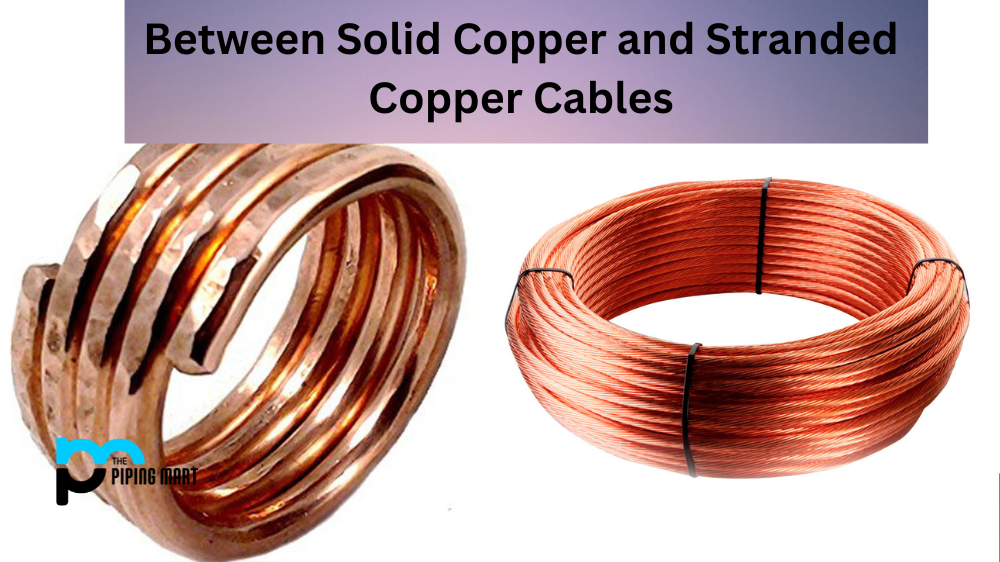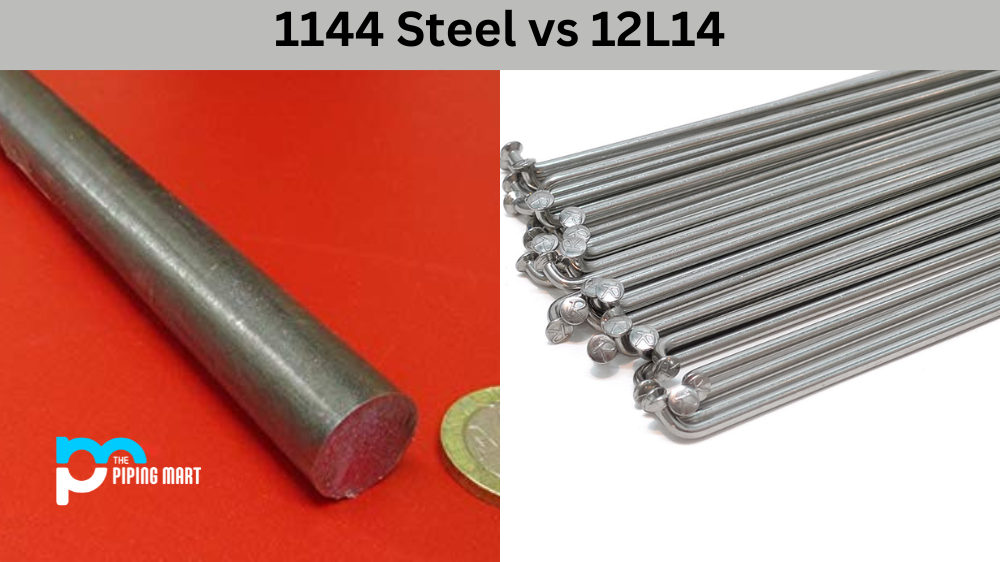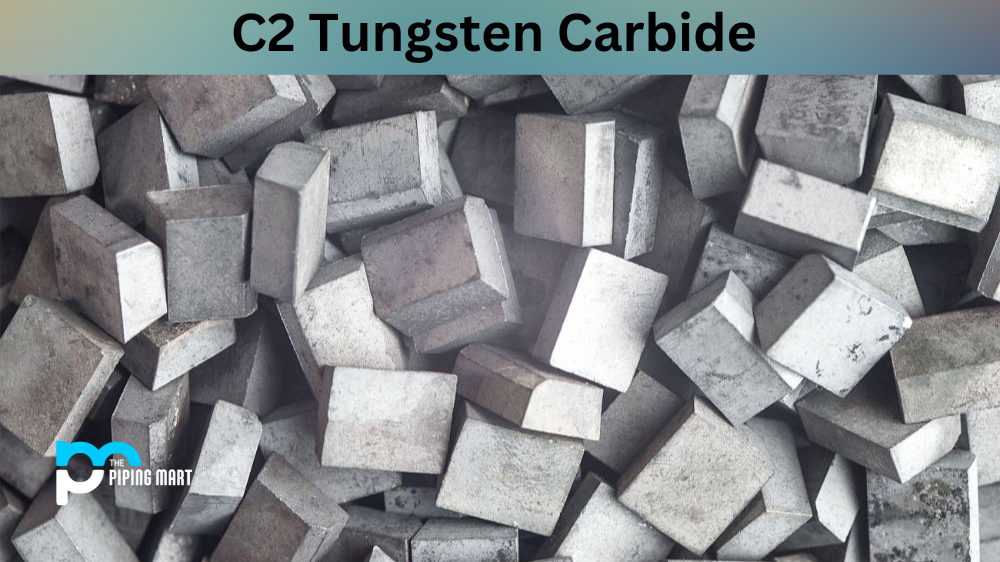When it comes to wiring, cables are essential. But with so many types of cables available, it can take time to know which kind is best for your needs. This blog post will explain the differences between solid copper and stranded copper cables, helping you decide which one is right for your project.
Solid Copper Cables
Solid copper cables are made up of a single piece of copper wire. This cable is usually used in low-voltage applications, such as telephone wires or alarm systems. It’s also often used in home audio systems because it offers superior sound quality over other cable types. The downside of solid copper cable is that it can be difficult to work with due to its stiffness and lack of flexibility.
Stranded Copper Cables
Stranded copper cables, on the other hand, are made up of multiple strands of copper wire twisted into one cable. This cable is typically used in higher voltage applications, such as electrical wiring for homes or businesses. Stranded copper cables offer more flexibility than solid copper cables, making them easier to work with when running wires through tight spaces or around corners. They also provide a better connection than solid copper by reducing the chance of voltage drops caused by resistance in the wires.
Difference Between Solid Copper and Stranded
The most significant difference between the two types lies in their performance capabilities; while solid copper cables are better suited for low-voltage applications where sound quality matters most, stranded copper wires are better at handling higher voltages where flexibility and stability are key factors. Ultimately, choosing the best type depends on your specific needs and budget.
- Solid copper cables are made from a single piece of copper wire, while stranded copper cables are made from multiple strands of copper wire.
- Solid copper cables are more rigid and less flexible than stranded copper cables.
- Stranded copper cables are better able to withstand movement and vibration than solid copper cables.
- Solid copper cables are more resistant to corrosion than stranded copper cables.
- Stranded copper cables are better able to carry electrical signals over long distances than solid copper cables.
Conclusion:
In conclusion, there’s no one-size-fits-all answer when choosing between solid and stranded copper cables; your decision should be based on your requirements and budget. Strayed copper might be the way to go if you’re looking for a flexible solution that can handle higher voltages. Still, solid copper may be the better option for you if you need something reliable for lower voltage applications where sound quality matters most. By understanding the differences between these two types of cable, you’ll be able to make an informed decision about which one best meets your needs – so don’t hesitate to research before making a purchase!

Pipingmart is a B2B portal that specializes in metal, industrial and piping items. Additionally, we share the latest information and information about materials, products and various types of grades to assist businesses that are involved in this business.




